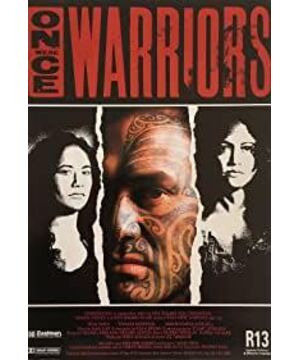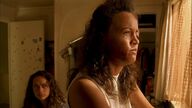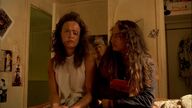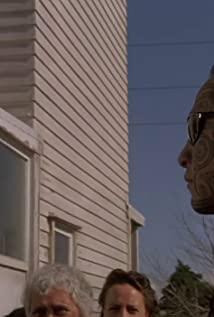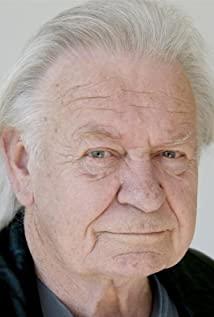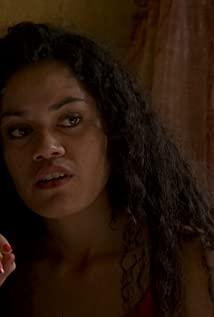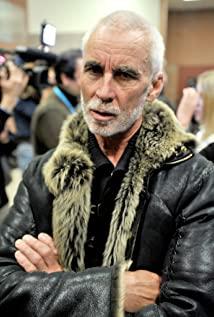Some films are light, laying down some foreshadowings and then uncovering some mysteries, giving the audience more of a faint sadness; while some films have few skills and few foreshadowings, what gives us is the throbbing of the heart and the intuition anger, sadness, regret. And this movie is exactly the latter.
This story takes place in a Maori family in New Zealand. It seems to have a unique background. In fact, such violence, such a pattern of domestic violence, is common and even textbook paradigm.
Violence aimed at bullying the weak is often a manifestation of inferiority. He attempts to use his fists and muscles, and the pain and submission of others, to prove his existence and to prove that he is not a coward. This is because he can't find a sense of existence and superiority elsewhere, and his career is useless. He can only rely on calling friends and establishing authority among these friends to gain the illusion of self-esteem. We can see that there are two plots in the movie: the male protagonist beats the female protagonist and the male protagonist tries to beat his daughter. This is because the female protagonist and her daughter did not give enough face in front of his friends, but resisted. . It shook the only self-esteem he had built on his friends, and what a pathetic display he was raising his fists to defend his "dignity".
I have had this question several times, why do women who are victims of domestic violence choose not to leave their husbands? There are many reasons for this, and several important reasons are revealed in this film. First of all, there is no option to go back to "mother's home". In China's general environment, especially the older generation, they think that it is appropriate for women to suffer some grievances at home, that family should be the priority, and any problem can be solved. Divorce is a loss of face. As a result, women's families of origin tend to "make do" rather than serve as a safe haven for their own daughters. In contrast, the heroine in the movie is much luckier. Her original family accepted her back, but the heroine continued to endure painful days in order to prove that she could live well and to fight for a face. Thirdly, what prevents women from leaving is the second face of men's domestic violence and regrets and women's soft-heartedness. A week after the male protagonist beat the female protagonist in the movie, a few sweet words and a promise of some money coaxed the female protagonist into ecstasy. Moreover, due to the existence of contrast, the gentleness after brutality always looks gentler and more rare than normal gentleness. Slap a jujube to eat it as if the jujube is sweeter. This kind of connection mode of domestic violence is clear to bystanders, but it is difficult to escape from being in it, and can only shuttle through repeated injuries and happiness.
The heroine loves the hero, and the heroine also loves her children. We know that the suicide of our eldest daughter was a tragedy. But this tragedy also prompted her mother to make up her mind to leave the family, this tragedy helped her mother escape from this pattern, from the repetition of "hurt-happiness", this tragedy helped her younger siblings stay away from Same tragedy. Because of marrying such a man, the heroine suffers a lot of grievances and owes a lot to her children, because she loves her husband and children at the same time, and in order to express these two loves, she often does the opposite. , but how difficult it was to choose, which made her not only subjected to domestic violence but also to the neglect of the children. In most of the first part of the movie, the heroine is sad, not only her experience is sad, but even her words to teach her daughter "this is what a woman should do" is also sad. Fortunately, she finally woke up, what is a woman to do? It's not for the sake of "family", and it's not for being a humble embellishment for your husband, but for finding your own independence, protecting your children, and being a warrior!
View more about Once Were Warriors reviews


